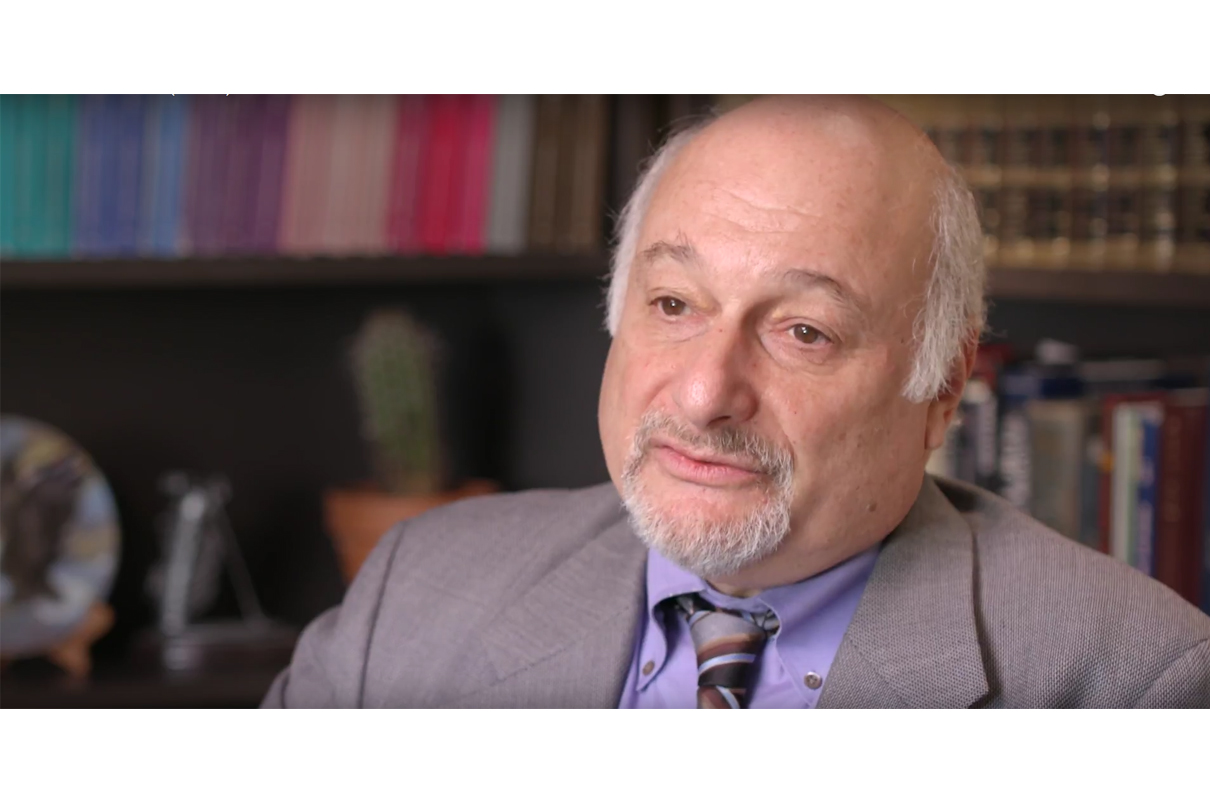The VA published a revised rule Jan. 9 allowing payment of hundreds of thousands of pending claims for private-sector emergency care that veterans' other health insurance covered in part but not in full.
Some pending claims for non-VA emergency care were filed as far as back as 2010 and were kept alive by appeal. In some cases, individual reimbursements owed will total tens of thousands of dollars, for example for emergency heart surgery or other complex procedures not covered well by alternative health plans.
The revised rule says it won't allow retroactive reimbursements for non-VA emergency care claim decisions that became final before April 8, 2016, the day the VA lost a landmark federal court fight with Air Force veteran Richard W. Staab.
Staab faced roughly $48,000 in unpaid private hospital bills after emergency heart surgery in December 2010. At the time, VA had told Staab - and any other veteran forced to use outside emergency care - that the department would have covered the cost of such care if they had had no other health insurance.
But Staab was eligible for Medicare, and because Medicare paid a portion of his emergency care cost the VA, under long-standing regulations, had no obligation to cover remaining private-sector emergency costs.
Staab's attorneys argued the VA, when it revised regulations in 2012, ignored the clear intent of a statute passed in 2009 to correct the VA's convoluted interpretation of its payment obligations for outside emergency care.
Staab won a few lower court decisions, which the VA appealed. Final victory came in a unanimous decision by a three-judge panel on the U.S. Court of Appeals for Veterans Claims in April 2016. The appellate court said the VA had ignored the “plain language” of the 2009 law requiring “VA to reimburse a veteran for that portion of expenses not covered by a health plan contract.”
For more than a year, the VA pondered another appeal. But VA Secretary Dr. David Shulkin last June accepted defeat and said the regulation would be revised to comply with the court's decision. One reason for the long delay was money. The VA had estimated if the Staab decision were allowed to stand, it would have to pay almost $2 billion on pending claims and more than $10 billion for a tidal wave of private-sector emergency care claims expected over just the next decade.
The Jan. 9 rule specifically expands eligibility for reimbursement of non-VA emergency treatment to any veteran who receives only partial payment for such care from a health plan contract. It also establishes a reimbursement methodology for payments. They are to cover “reasonable costs,” to include hospital charges, professional fees, and emergency transportation, including ambulances.
By law, the VA said, it cannot reimburse for copayments, cost shares, or deductibles required by other health insurance that veterans have. More information on the revised rule and related guidance is available here. The rule notice can be read in its entirety at https://www.gpo.gov/fdsys/pkg/FR-2018-01-09/pdf/2018-00232.pdf.
The rule explains that when a judicial decision invalidates a VA regulation or how it interprets a law, it “cannot affect prior final VA decisions,” citing two earlier federal court decisions. Therefore “VA will not retroactively pay benefits for claims [that] were finally denied before April 8, 2016, date of the Staab decision. In other words, VA can only apply the [rule] to claims pending on or after April 8, 2016.”
Since the Staab decision, the VA had suspended action on any claim for non-VA emergency care. By Sept. 29 last year, claims “held in abeyance” totaled 822,000.
The VA is now processing those claims using its revised rule.
Barton F. Stichman, one of Staab's attorneys, agreed with the VA's contention in its revised rule that final denials of earlier claims - from Feb. 1, 2010, the effective date of the law that expanded VA payment obligations, to April 8, 2016, the date of Staab appellate decision affirming that intent - can't be re-filed or reimbursed.
In an earlier version of this column, Stichman was quoted as disagreeing with VA's finding in its revised rule that Staab could not be used by veterans whose claims for non-VA emergency care became final before April 8, 2016. Initially, he said final claims could be re-filed based on “clear and unmistakable error.”
But having reviewed the two court cases the VA cited in its rule, Stichman said he now understands that he erred. The VA is following case law correctly, he said, in finding that Staab does not benefit veterans whose claims for non-VA emergency care became final before the decision date.
Courts have interpreted the “clear and unmistakable error” route for reconsideration of claims as not valid if based “on a new court interpretation of the law,” Stichman said. Therefore, the VA doesn't have to apply Staab retroactively to claims finally denied before that decision.
Send comments to Military Update, P.O. Box 231111, Centreville, VA, 20120, email milupdate@aol.com or twitter: Tom Philpott @Military_Update

